Cisco CEO On 5G: 'We're Going To See More Traffic Created In 2022 Than We Have Seen To Date'
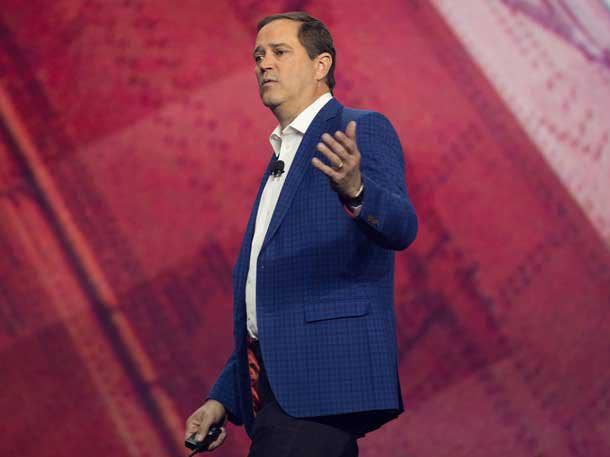
Robbins Live
With MWC 2019 in Barcelona, Spain, right around the corner, Cisco Systems CEO Chuck Robbins took time out Friday morning to appear on Fox Business and talk all things 5G. Cisco is deeply involved with helping service providers and customers ready themselves for the influx of mobile traffic that 5G will produce, even if 5G is still very young. Robbins also spoke about enterprise spending, security, and how struggling Chinese telecom Huawei could translate to more wins for San Jose, Calif.-based Cisco.
Here are five points Robbins made about 5G, the security market and how Huawei's struggles are impacting Cisco.
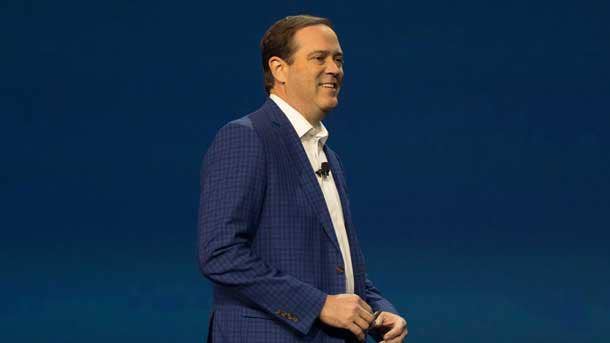
Let's talk about Cisco's router product portfolio. Are you seeing an impact of the initial deployment of 5G?
We are very involved with some of the pilots that are going on right now with customers. We sell the technology that brings the mobile traffic into the IP network, and if you think about what's going to happen, the number of high-speed connections at the edge of the network are going to force an increase of capacity at the core. And that’s where we are building a lot of innovation to help customers build out the infrastructure they are going to need to accommodate the new volume [of connections] because that's going to be unbelievable.
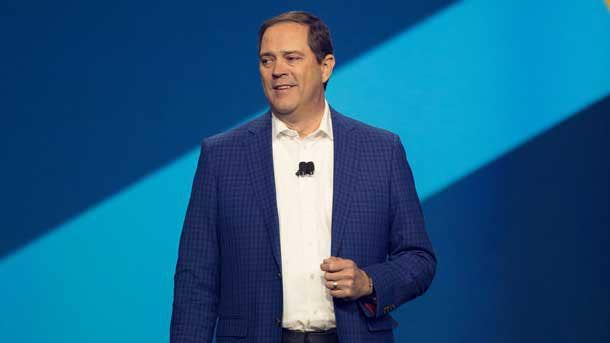
What else will we see as a result of 5G and what is realistic to expect right now?
I think you're going to see some providers will be a part of these opportunities to pilot 5G on a mobile handset to show what's possible. We did a recent study and [found that] in 2022, we're going to see more traffic created in that year than we have seen to date. It’ll be 400 million-plus 5G connections [by 2022]. What’s going to happen is that you’re going to see these customers and the large service providers need to build out dedicated network infrastructure for 5G because of all the capacity. So when you see speeds at four to five times on a mobile device than what we are seeing today at a lower latency—latency meaning how quickly you get responses across the network—that really enables new enterprise applications. It's going to be big, it's starting this year and will just roll for the next few years.
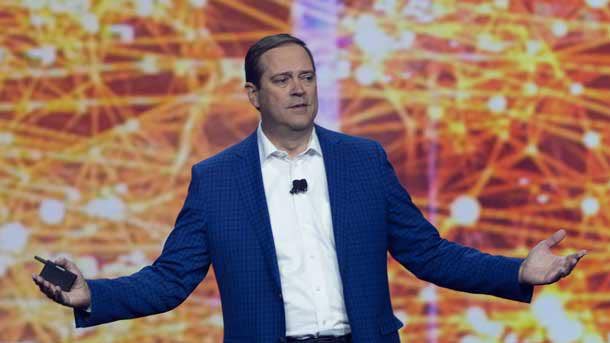
Form an organic standpoint, Cisco has great growth. What can you tell us about how enterprise spending looks like right now?
On our earnings call, we said that during our Q2, which ended on [Jan. 31], we really saw no change in demand from the first day to the last day of the quarter and that’s in light of all the geopolicatal demands. Frankly, the federal business grew double digits even with the shutdown, so we saw broad-based strength around the world.
Everything that you hear says things are getting worse, but what we saw was pretty consistent growth. Now if you think about where our customers are today, they don’t view this technology as some operational enabler of their strategy anymore. The technology is sitting in the middle of their strategy because it's defined by what the technology makes possible. It’s a little different perspective right now compared to 10 years ago.
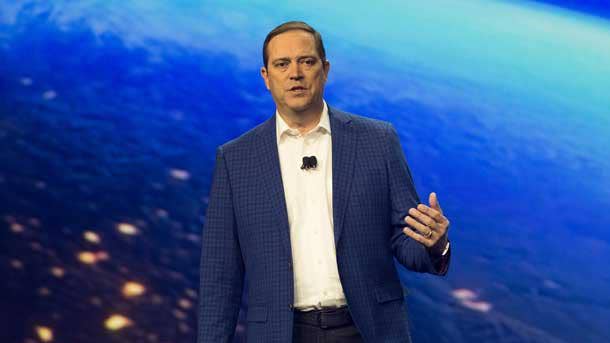
How hot is security right now?
Our global public sector bookings grew 18 percent right now and it was consistent around the world. We see governments around the world saying, ‘How do I take this technology and deliver citizens' services and grow productivity?’ For the longest time, governments were somewhat reluctant to talk about productivity because that translated to jobs, and now we see governments around the world embracing the productivity improvements that technology brings.
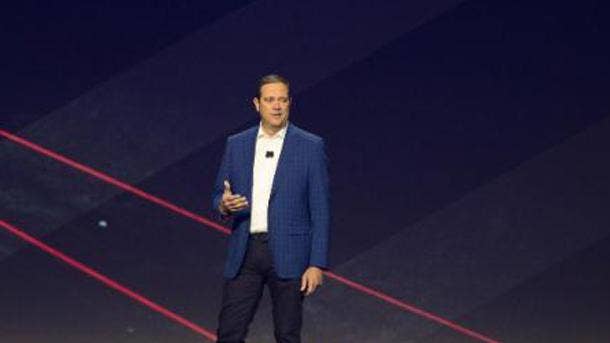
What's the impact of Huawei's security issues on Cisco, and has it led to any revenue increases for Cisco?
The reality is, the issue is between the government in the U.S. and other governments around the world. They have to make their decisions around how they feel about the security of all technologies—our technologies and others. What we are focused on is really driving invitation that is really going to differentiate us, and I have incredible confidence in our ability to win independent of any issue like this. Right now, we are at a moment of time where I think we have the most robust innovation across our entire portfolio that I think we've had in a very long time. We will continue to compete—we are not paying a lot of attention to this and we will continue to do what we do. I would say we have not seen any material movement as of yet.